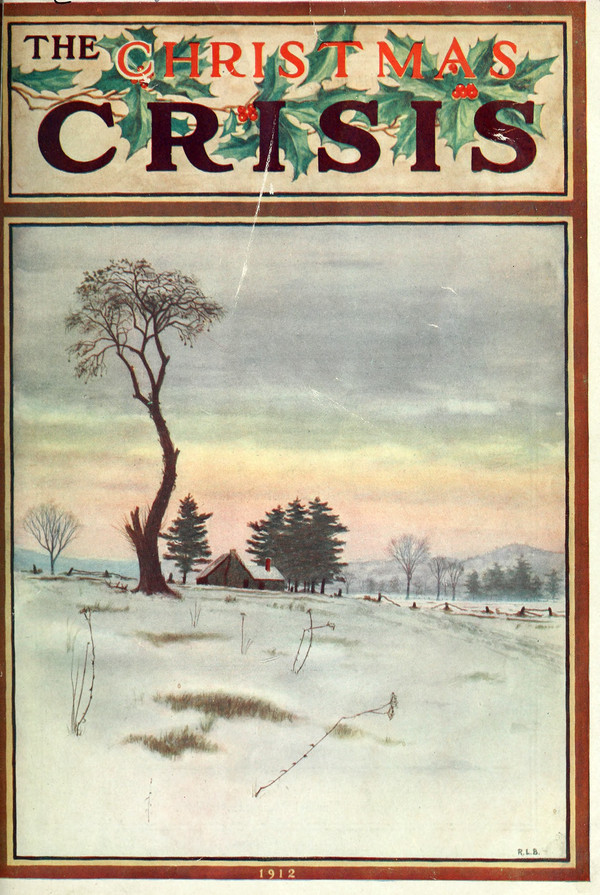Dialogue: The Interdisciplinary Journal of Popular Culture and Pedagogy
Volume 4, Issue 1 (Winter 2017)
Tara Propper, Senior Lecturer
Department of Literature and Languages
University of Texas, Tyler
This article explores how we can use African American activist media to theorize the role of pedagogy in the public sphere. Focusing on how racial passing stories expose the limiting (and often tropic) binaries through which racial identity is deciphered, this analysis further highlights the extent to which these binary constructions of identity are learned through media narration.
Using the December, 1912, issue of W.E.B. Du Bois’s Crisis Magazine as a touchstone for investigation, this analysis considers how pedagogy is taken up as both a theme and project in the magazine. Foregrounding the degree to which Crisis critiques and counternarrates the demeaning and derogatory portrayals of African American identity in early twentieth-century media, this article suggests that Du Bois’s magazine not only indicts dominant visual systems of seeing and evaluating African American identity but also reveals the extent to which such systems of seeing and interpreting blackness are learned and can be remediated through media intervention.
The ultimate aim of this article is to derive an interpretive framework that understands pedagogy as not simply a method for inscribing pre-existent dominant norms but rather as a means for intervening, questioning, and challenging dominant systems of representation and public articulation. Moreover, this analysis intends to reveal the hidden pedagogies within dominant cultural paraphernalia for the purposes of advancing an approach to media literacy that recognizes and endeavors to transform the tropes and archetypes applied to marginal and minority communities.
